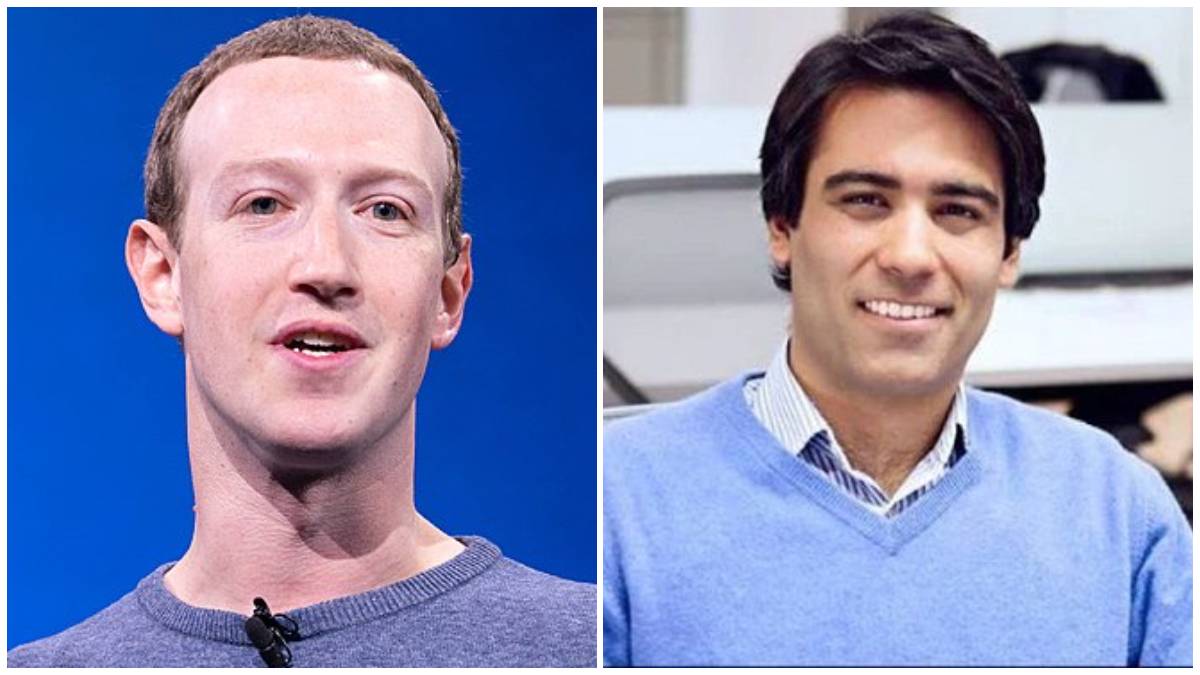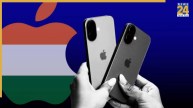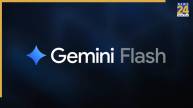Divya Narendra, along with two colleagues, developed the technology behind what we now recognize as Facebook but never received credit for their contributions. Mark Zuckerberg, however, founded Facebook. Narendra was the one to file a case against Zuckerberg, accusing him of betrayal.
Also Read: Beat The Heat With Up To 50% Discount On Selected AC Models
Divya, the elder son of Indian expatriates who immigrated to America, attended Harvard University. He currently operates his own company, SameZero, alongside his Harvard classmate Alap Mahadevia. Additionally, he co-founded Harvard Connection (later renamed ConnectU) with Cameron Winklevoss and Taylor Winklevoss.
Divya Narendra: The Creator Of Facebook
Divya Narendra, born in the Bronx, New York, had parents who hailed from India and worked as doctors. They met and fell in love in New York. Divya pursued his education diligently, gaining admission to Harvard University in 2000 and graduating in Applied Mathematics in 2004. Following his undergraduate studies, he pursued further education, obtaining degrees in MBA and law.
Divya, along with two Harvard colleagues, initiated the launch of the HarvardConnect social networking website on May 21, 2004, which was subsequently renamed ConnectU. The project commenced in December 2002 and shared the same format and concept as Facebook’s inception. The website was initially launched as Harvard Community but eventually ceased operations.
Sanjay Mavinkurve, the initial programmer tasked with creating a Harvard connection, began work on the project but departed in 2003 to join Google. Following Sanjay’s exit, Winklevoss and Narendra approached Victor Gao, a Harvard student and their friend, to collaborate on the project as a programmer. Gao opted to work for compensation rather than becoming a full partner in the venture and was remunerated $400 for his coding efforts on the website. He later withdrew from the project due to personal reasons.
Narendra approached Mark Zuckerberg
In November 2003, upon Victor’s recommendation, Winklevoss and Narendra approached Mark Zuckerberg to join their team. However, Narendra and Winklevoss had already made significant progress on the project. Narendra asserts that within a few days, they had developed the website considerably and anticipated that its presentation on campus would generate considerable interest. When Zuckerberg engaged with the Harvard Connection team, they observed his enthusiasm. He was briefed about the website’s functionality, and its potential expansion to other schools and campuses, and the confidentiality of the discussion was emphasized, albeit necessary during the meeting.
Mark Agreed to Partnership
Zuckerberg was brought on board as a partner solely through a verbal agreement. They were provided with the location and password of the private server to facilitate the completion of the remaining website development and coding tasks. It was anticipated that they would swiftly finalize the programming work, leading to the website’s imminent launch.
Zuckerberg ceased responding to calls from the Harvard Connect team and neglected to reply to their emails. He began citing busyness as the reason for his lack of communication and expressed a shortage of time. On December 4, 2003, Zuckerberg wrote, apologizing for his unavailability, stating, “Sorry I could not answer your calls. I am very busy…” This sentiment was reiterated in his subsequent email as well.
As tensions escalated, Zuckerberg caused discord and parted ways. Meanwhile, on February 4, 2004, he launched a new site named Facebook.com, mirroring everything that had been under development for Harvard Connect. This social networking platform was initially targeted at Harvard students, with plans for expansion to other universities across the country. Narendra and Winklevoss were informed of this development belatedly. Divya and his colleagues engaged in a heated argument with Zuckerberg, prompting intervention from university authorities. Divya was advised by the university management to pursue legal action.
Court Confirmed It Was Divya’s Idea
Narendra and Winklevoss took their case to court. In 2008, Zuckerberg reached a settlement with them, reportedly receiving a sum of 65 million dollars. However, Narendra expressed dissatisfaction with the compensation, citing that it did not reflect the market value of Facebook shares at that time. Nevertheless, the US court ruled in favor of Divya Narendra, acknowledging that the concept of Facebook, the world’s largest social networking site, originated from him.
Also Read: IPhone 16 Series May Offer AI Feature, Fast Performance; Know More Details












